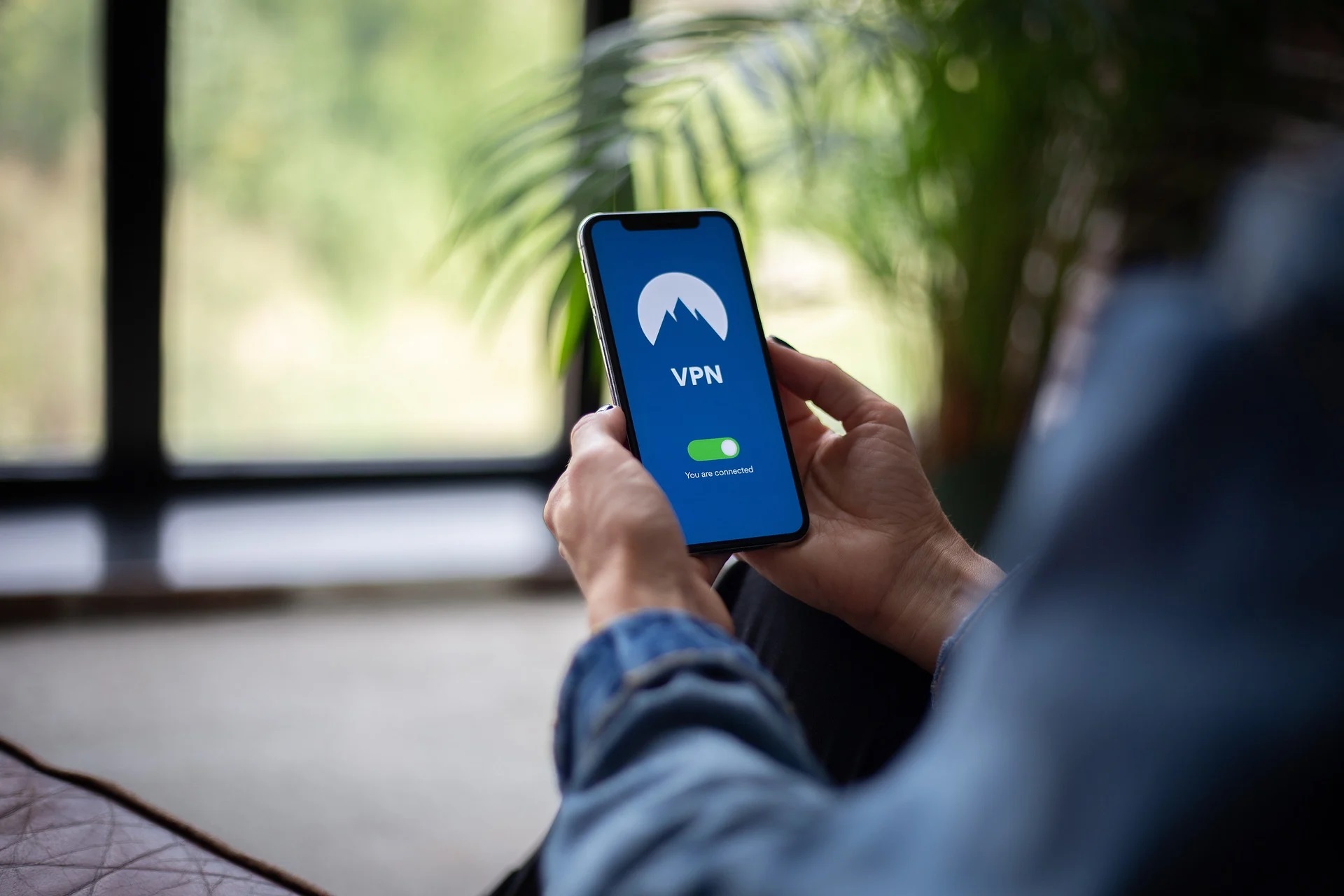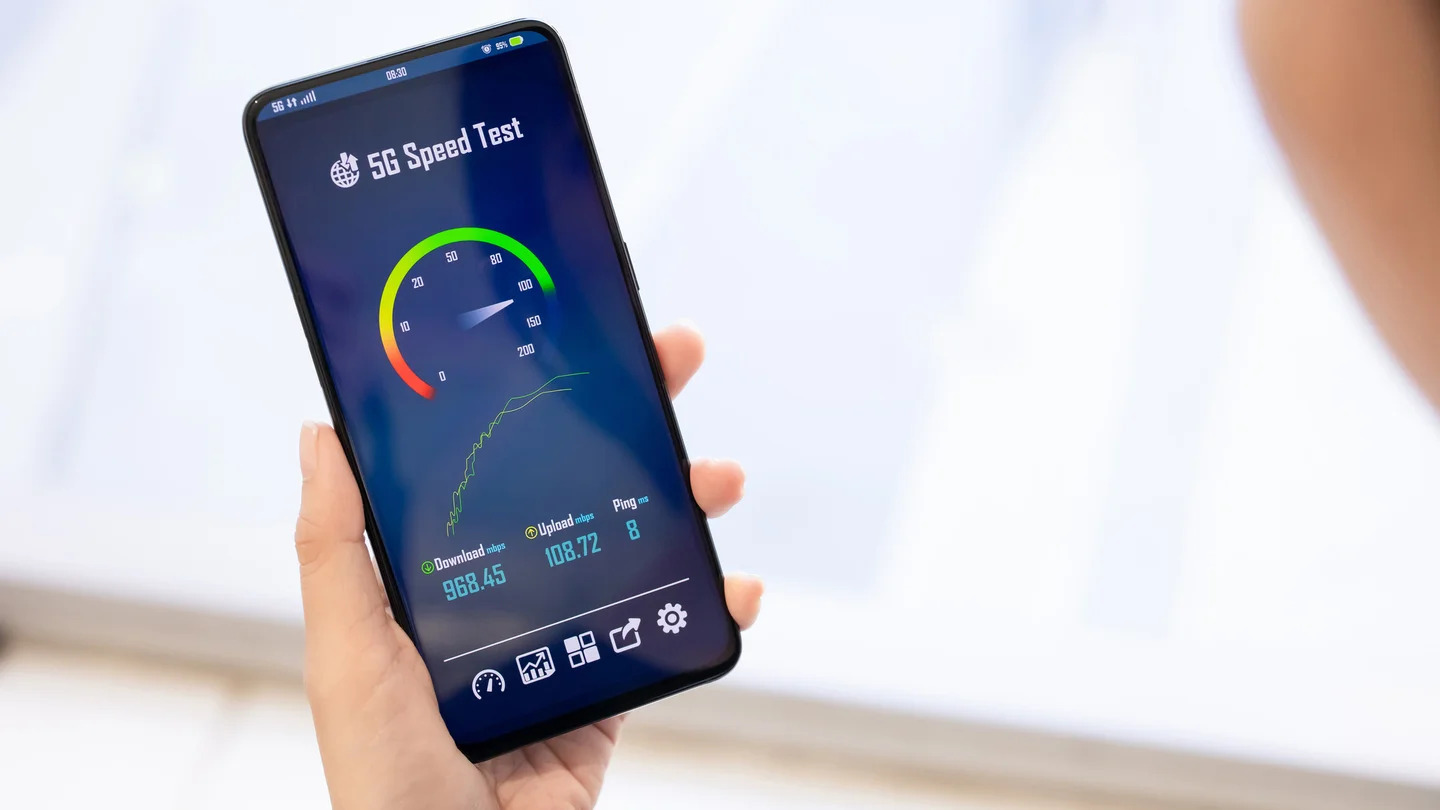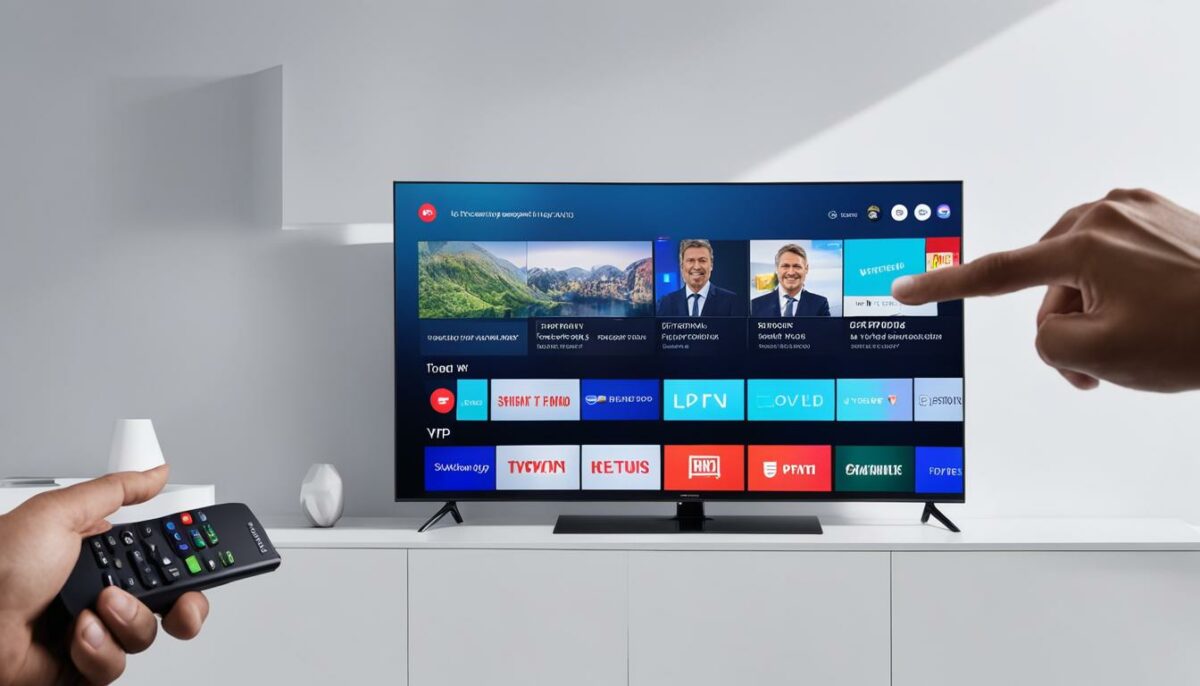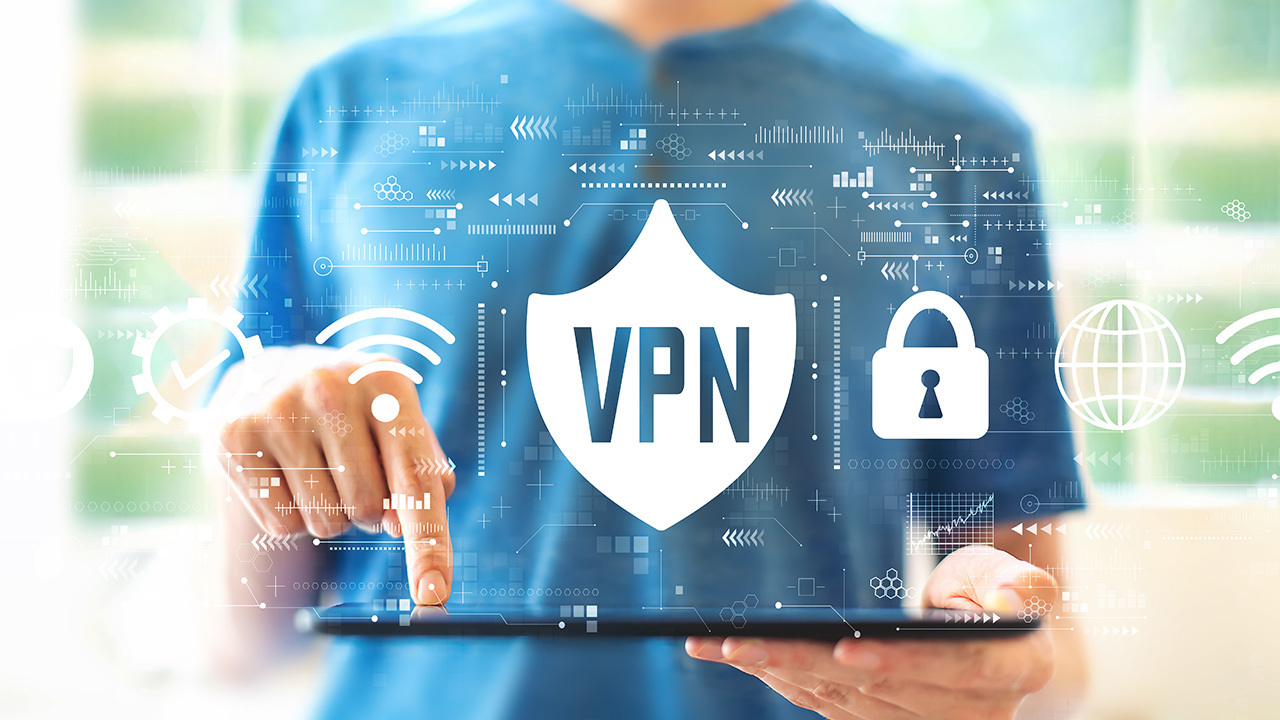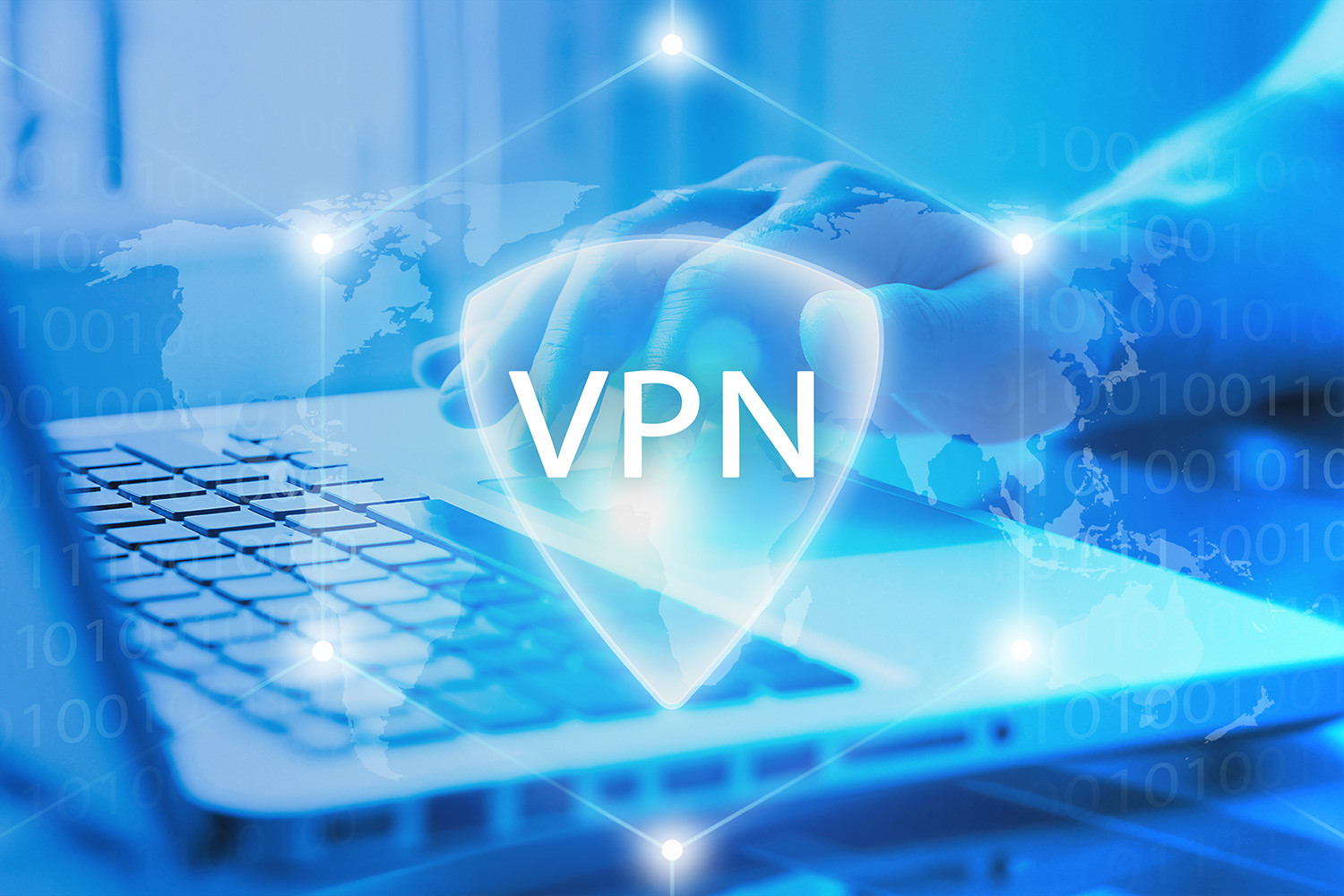Home>Software and Apps>The Need for Speed: Exploring the Fastest VPNs
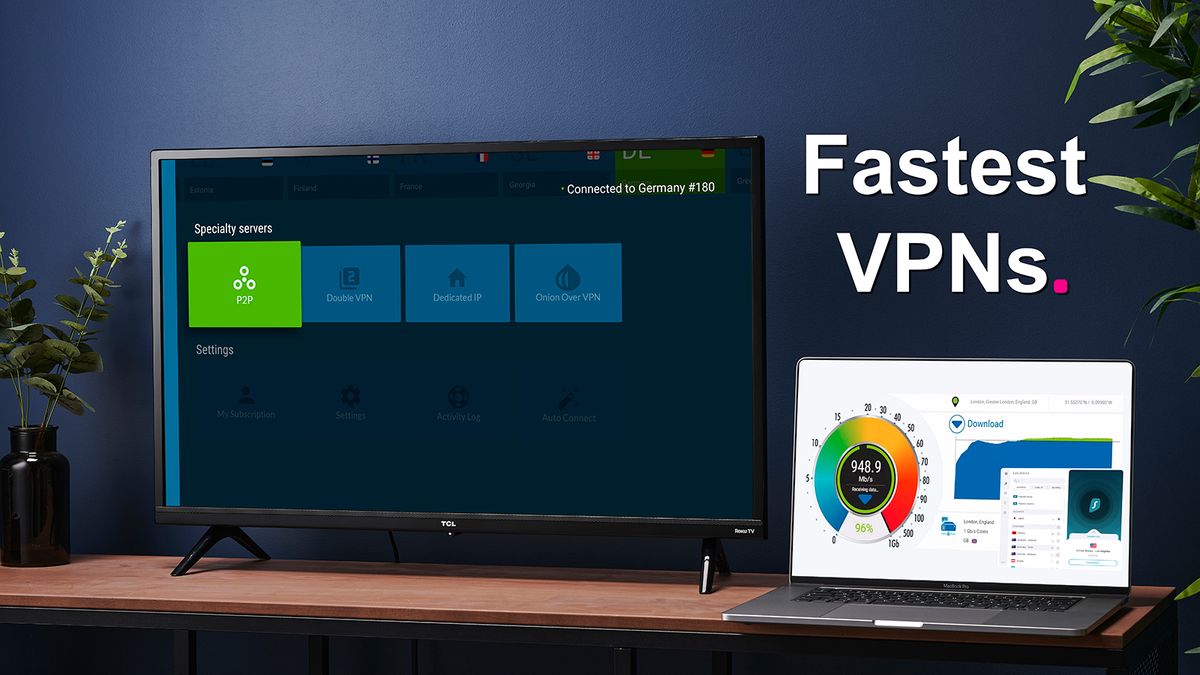

Software and Apps
The Need for Speed: Exploring the Fastest VPNs
Modified: September 5, 2024
Discover the fastest VPNs for seamless browsing and streaming. Explore top-rated software and apps for lightning-fast connections.
(Many of the links in this article redirect to a specific reviewed product. Your purchase of these products through affiliate links helps to generate commission for Techsplurge.com, at no extra cost. Learn more)
Table of Contents
Why Do You Need a VPN?
Understanding the importance of VPNs in today's internet landscape is crucial. Here are a few compelling reasons:
Read more: The Impact of VPNs on Internet Speed
Security
One of the primary reasons to use a VPN is to enhance online security. By encrypting internet traffic, a VPN protects data from being intercepted by hackers, cybercriminals, or even internet service providers (ISPs). This encryption ensures that even if someone manages to intercept data, they won't be able to read it without the decryption key.
Privacy
A VPN helps maintain online privacy by masking IP addresses. This means websites and online services can't identify users based on their IP addresses, which are often linked to physical locations. This is particularly important for accessing geo-restricted content or avoiding targeted advertising.
Bypassing Censorship
In some countries, access to certain websites or online services is restricted. A VPN can help bypass these restrictions by routing traffic through a server located in a different country, allowing access to content that would otherwise be blocked.
Protection Against ISP Throttling
ISPs sometimes throttle internet speeds for certain types of traffic, such as torrenting or streaming. A VPN can help protect against this by encrypting traffic, making it harder for ISPs to detect and throttle.
How Do VPNs Work?
Understanding how VPNs work is crucial for appreciating their functionality and effectiveness. Here’s a simplified explanation:
Connection Establishment
When connecting to a VPN, a secure connection is established between the device and the VPN server. This connection is typically encrypted using protocols like OpenVPN, L2TP/IPSec, or PPTP.
Data Encryption
Once connected, all internet traffic is routed through the VPN server. The data is encrypted before it leaves the device and decrypted once it reaches the VPN server.
Routing Traffic
The encrypted data is then routed through the internet to its final destination. This process ensures that the original IP address is hidden, and data appears to originate from the VPN server's location.
Read more: Exploring the Benefits of VPNs with No Logs
Decryption and Forwarding
When the data reaches its destination, it is decrypted by the receiving server, allowing it to be processed normally.
Types of VPNs
There are several types of VPNs, each with its own set of features and advantages:
Consumer VPNs
These are the most common type of VPN and are designed for individual users. They often come with user-friendly interfaces and are available for a wide range of devices including smartphones, tablets, and computers.
Business VPNs
These are designed for businesses and typically offer more advanced features such as multi-user support, centralized management, and enhanced security protocols.
Read more: The Effectiveness of VPNs
Free VPNs
While free VPNs might seem appealing due to their zero cost, they often come with significant drawbacks such as slower speeds, limited server options, and potential data logging.
Paid VPNs
Paid VPNs generally offer better performance, more servers, and stronger security features. However, they require a subscription fee.
Speed Considerations
When choosing a VPN, speed is a critical factor. Here are some key considerations:
Server Locations
The closer the VPN server is to the physical location, the faster the connection will be. This is because data travels faster over shorter distances.
Server Load
The number of users connected to a particular server can significantly impact speed. Busy servers may experience slower speeds due to increased traffic.
Encryption Protocols
Different encryption protocols have varying levels of performance. For example, OpenVPN is generally faster than L2TP/IPSec but may require more system resources.
Device Compatibility
Ensure that the VPN chosen supports the device. Some VPNs may have better performance on specific devices or operating systems.
Top Fastest VPNs
Based on various tests and user reviews, here are some of the fastest VPNs available:
Read more: Exploring the Benefits of Split Tunnel VPNs
ExpressVPN
- Speed: Known for high-speed connections, making it ideal for streaming and torrenting.
- Server Locations: Over 3,000 servers in 94 countries, offering extensive global coverage.
- Encryption Protocols: Supports OpenVPN, L2TP/IPSec, and PPTP.
- Device Compatibility: Available on Windows, macOS, iOS, Android, and more.
NordVPN
- Speed: Consistently delivers fast speeds, suitable for heavy internet users.
- Server Locations: Boasts over 5,000 servers in 59 countries.
- Encryption Protocols: Supports OpenVPN, IKEv2/IPSec, and PPTP.
- Device Compatibility: Compatible with Windows, macOS, iOS, Android, and more.
Surfshark
- Speed: Offers impressive speeds, great for streaming and gaming.
- Server Locations: Over 3,200 servers in 65 countries.
- Encryption Protocols: Supports OpenVPN and IKEv2/IPSec.
- Device Compatibility: Available on Windows, macOS, iOS, Android, and more.
ProtonVPN
- Speed: Known for fast speeds, particularly on premium plans.
- Server Locations: Offers over 1,500 servers in 55 countries.
- Encryption Protocols: Supports OpenVPN and IKEv2/IPSec.
- Device Compatibility: Compatible with Windows, macOS, iOS, Android, and more.
Read more: Exploring the World of P2P VPNs
Private Internet Access (PIA)
- Speed: Provides fast speeds, suitable for various online activities.
- Server Locations: Boasts over 3,300 servers in 80 countries.
- Encryption Protocols: Supports OpenVPN, L2TP/IPSec, and PPTP.
- Device Compatibility: Available on Windows, macOS, iOS, Android, and more.
Testing VPN Speed
To determine which VPN is the fastest for specific needs, conduct your own speed tests. Here’s a simple method:
- Choose a VPN: Select the VPN you want to test.
- Connect: Connect to a server using the chosen VPN.
- Measure Speed: Use tools like Speedtest.net or Fast.com to measure internet speed before and after connecting to the VPN.
- Compare Results: Compare the speeds to determine if there is a significant drop in performance.
Choosing the right VPN is crucial for maintaining both security and speed. While there are many VPNs available, not all offer the same level of performance. By understanding how VPNs work, the different types of VPNs, and focusing on speed considerations, you can make an informed decision about which VPN is best for your needs.
If you need a fast VPN for streaming, gaming, or other high-bandwidth activities, consider ExpressVPN, NordVPN, Surfshark, ProtonVPN, or Private Internet Access (PIA). These VPNs consistently deliver high speeds while providing robust security features to protect your online identity and data.
While speed is important, it's equally crucial to ensure that your chosen VPN aligns with your specific requirements regarding security protocols, server locations, and device compatibility. Conduct thorough research before making a decision to ensure you get the best possible experience from your VPN service.


